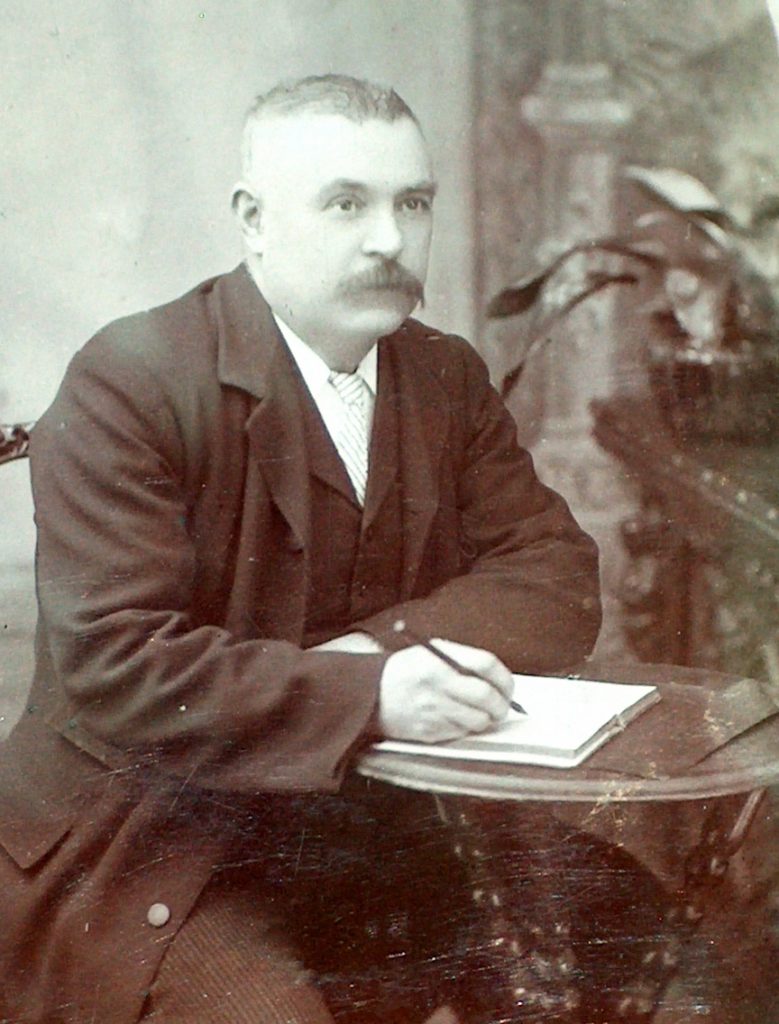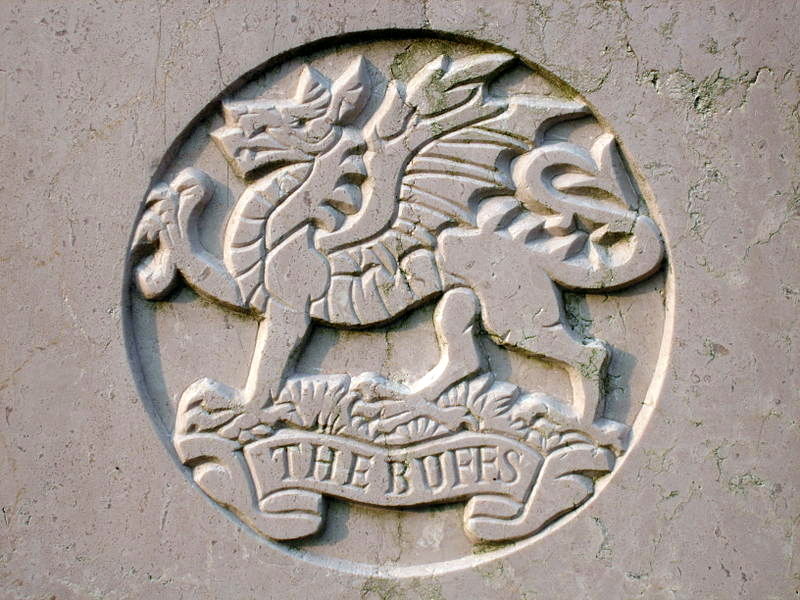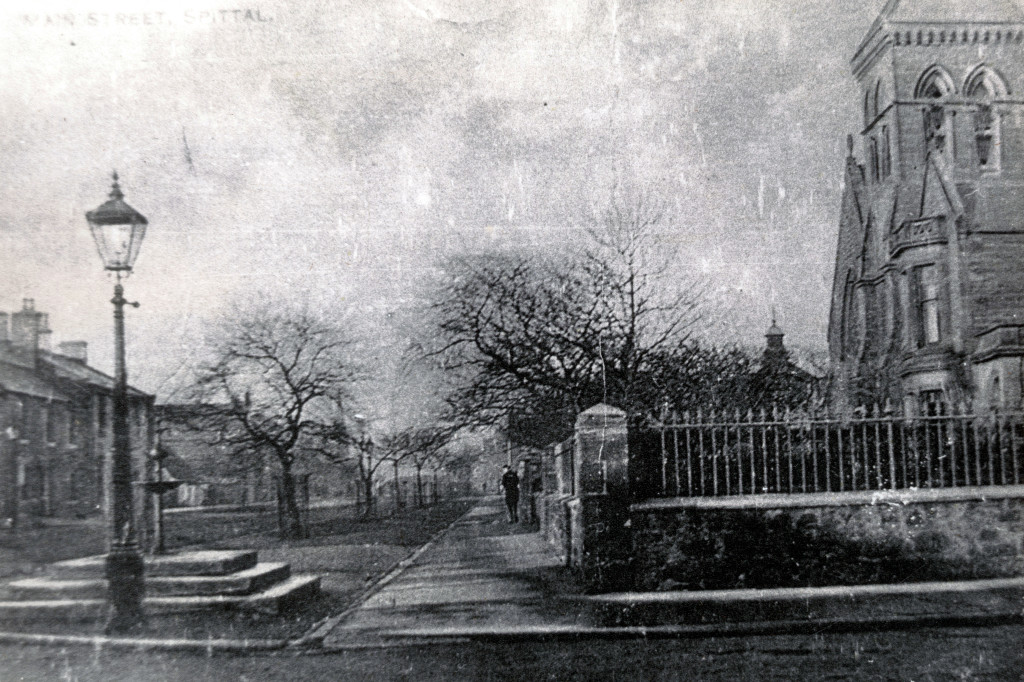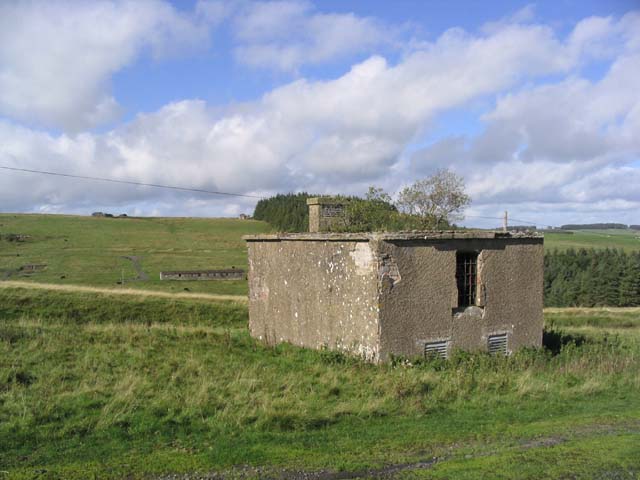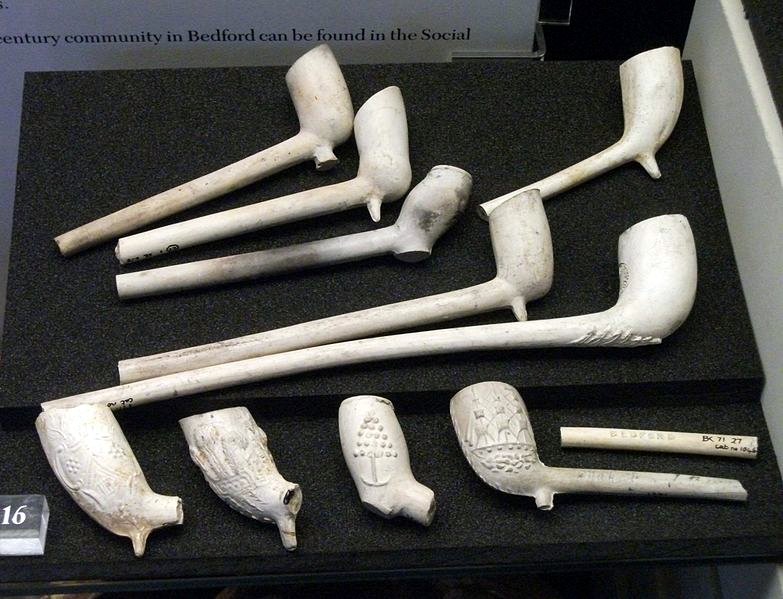BERWICK ADVERTISER, 3 NOVEMBER 1916
BERWICK SCOUT HONOURED
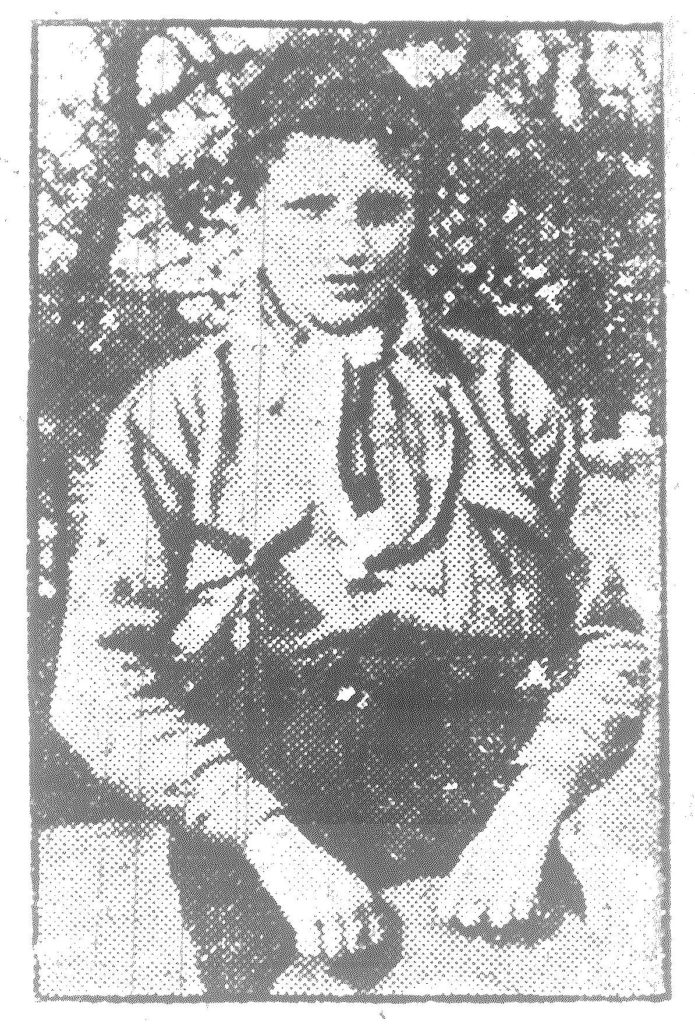
In our issue of Friday, August 11th, the following notice appeared regarding a brave action by a local Boy Scout:-
On Wednesday afternoon, while playing on the jetty at Berwick Quay, a little boy named Alex. Marshall stumbled and fell into the water. Fortunately, George Hawkins, younger son of Mr W. Hawkins, Hide Hill, who was close at hand, gallantly plunged in and succeeded in bringing the boy safely ashore.
In so few sentences was a gallant rescue made known to the public, but we are pleased now to report that Scott Hawkins’ gallant deed has found its reward. He has earned by his conduct the testimonial of the Royal Humane Society (in vellum), and in addition has been awarded the Medal of Merit and Certificate of the Scouts Association. Scout Hawkins on that memorable autumn day entered the water to the rescue of a boy, six years his junior, minus his blouse alone, and it was then that his knowledge of Life Saving stood him in good stead. A member of No. 3 troop (Scoutmaster E. W. Turnbull), the young hero received his instruction in life saving under Assistant Scoutmaster Edmond Smith. We heartily congratulate him upon his brave action, and the honours which have come to him, and trust his example may be followed by every one of his comrades who have qualified in life saving, and who find themselves in a similar position. We understand a public presentation will take place at a later date.
BERWICK PETTY SESSIONS
SATURDAY
Before D. H. W. Askew, Esq., and Thomas Wilson, Esq.
An Old Offender. – Robert Clarance Gilchrist, labourer, (43), Berwick, an old offender, was charged with being drunk and disorderly in Marygate on Friday night, and further with breaking a window, the property of Mr Burgon, fish and chip merchant, High Street. Mr Burgon gave evidence, and P.C. Crombie proved the case. Defendant on his own behalf said they had no idea what he had to stand. He was willing to join the Army – that was his own regiment, the Coldstream Guards – but he would prefer to wait until after Sunday, as there was a harvest festival on that day. (Laughter.) he was sentenced to two months imprisonment.
THURSDAY.
Before His Worship the Mayor, and Messrs T. M. Morrison, A/ Darling, C. Forsyth, Dr Fraser, V.D., Thomas Wilson, A.J. Dodds, T. Purves, R. Boston, and Walter Hogarth.
COMMUNICATION NAVAL INFORMATION.
Robert Dicknson, Wallace Green, Berwick, was charged with haying on 28th September, contravened the Defence of the Realm Act by imparting certain naval information. The indictment bore that on that date he, without lawful authority, did communicate information with respect to the movements, number and description of certain of H.M. ships, and which was of such a nature as to be calculated to be directly or indirectly useful to the enemy.
Defendant – I admit the charge…………………….
Mr Dickinson then addressed the Bench, and said as the agent for the prosecution had stated the letter was written to no German emissary to injure his country. It was written to a younger brother, a chief engineer in marine service, and who now wore the medal and clasp for the South African campaign. During the present war his brother had sailed in ships conveying troops to and from different countries. At the present moment he was in H.M. service. Enclosed with the letter was one from an orphan niece, and he thoughtlessly added some rumours and gossip which he thought would be of interest to the service in which his brother was engaged. These rumours everyone had heard more or less since the war had started. Whether the news was true or not his brother could judge. The assurance was given that the British Navy was being maintained at high water mark, and likely to keep the ocean highway clear of the enemy. He asked them to think of his sailor brother engaged in the active defence of his country, who did not hear from the homeland for months of an interval at a time. Cut off as he was in this way, all news was welcome, and to be interesting and cheering were the only objects he had in forwarding the letter. The letter was addressed in no secret manner, but in the usual official way………….
The Bench afterwards retired, and on returning the Mayor said they were exceedingly sorry to see defendant in such an unfortunate position. It was a very serious offence, and the Regulations had been expressly framed for the protection of our country in these perilous days. The defendant had pleaded guilty to the charge, and although he had not been actuated with any malicious or unpatriotic motives in the eyes of the law it was a serious matter. The Bench were desirous to take a most lenient view, but the fine could not be less than one of £10 with £11 18s 10d of costs, the alternative being six weeks’ imprisonment.
BIRDGE GUARD’S MASCOT
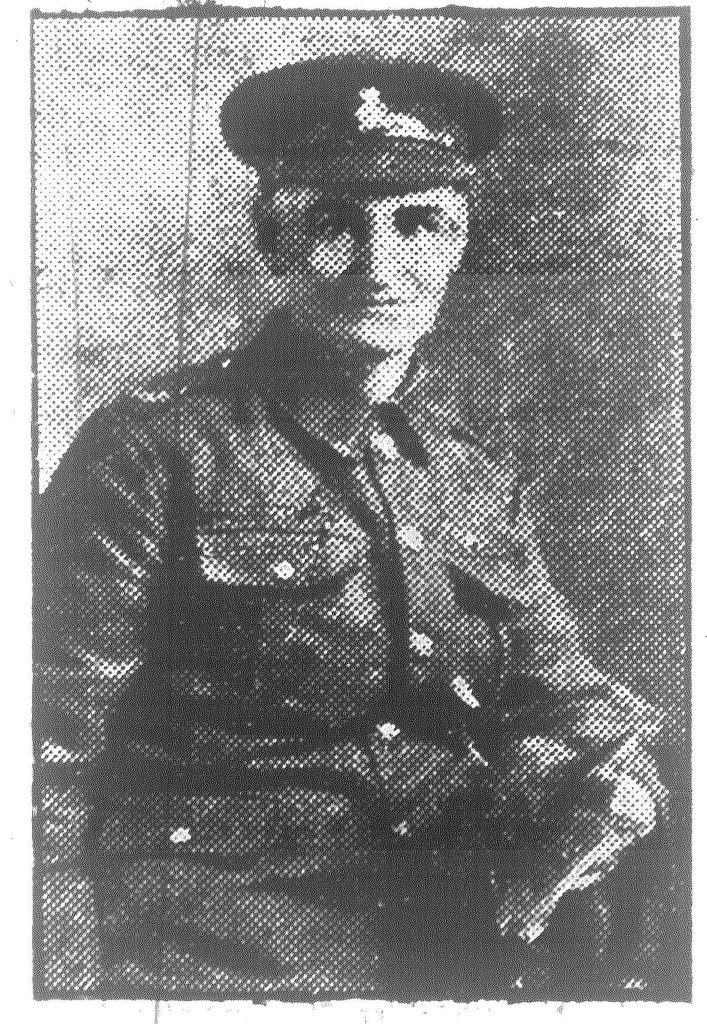
We have pleasure in publishing this week a photo of Private William Marsdon, Royal Defence Corps, a native of Rothbury, along with a pet fox which is the mascot of the section stationed at Berwick. The fox was brought as a cub from Rothbury, and is now almost thoroughly domesticated. Private Marsdon, who has been with the Defence Corps since the outbreak of war, and prior to the present conflict took part in the South African War. His eldest son, Gunner John Marsdon is presently in France with the Royal Garrison Artillery.
GLENDALE NOTES
WOOLER
Lighting. – Now that Mr Scott is busy putting in plant for supplying electricity for lighting purposes it may be interesting to note that gas was first introduced into Wooler so far back as 1846, and the street lamps were put up the following year.
Both the day schools in the town have been closed this week so that the elder boys and girls might assist in potato gathering. We don’t know how many have taken advantage of it, but the weather during the week-end was deplorable but a marked improvement took place on Tuesday, only the land must still be in a very saturated condition. There is a wonderful variation in the crops. Some have an excellent crop and wonderfully free from disease, while others are an absolute failure.

Free Gift Sale. – At a meeting held in the Black Bull Hotel on Monday with Mr A. Riddell in the chair, arrangements were made for the proposed Free Gift Sale to be held at Wooler Mart. It was decided to hold it on Wednesday, 20th December, in aid of the British Farmers’ Red Cross Fund and Agricultural Relief of the Allies Fund. It was arranged to have block test competitions on the day of sale. The committee are practically the same as last year with a few additions for Wooler.


